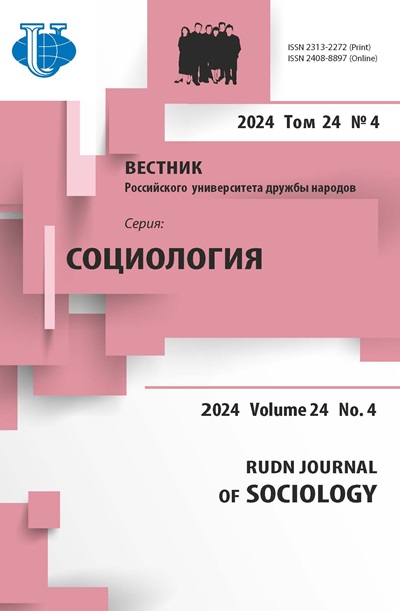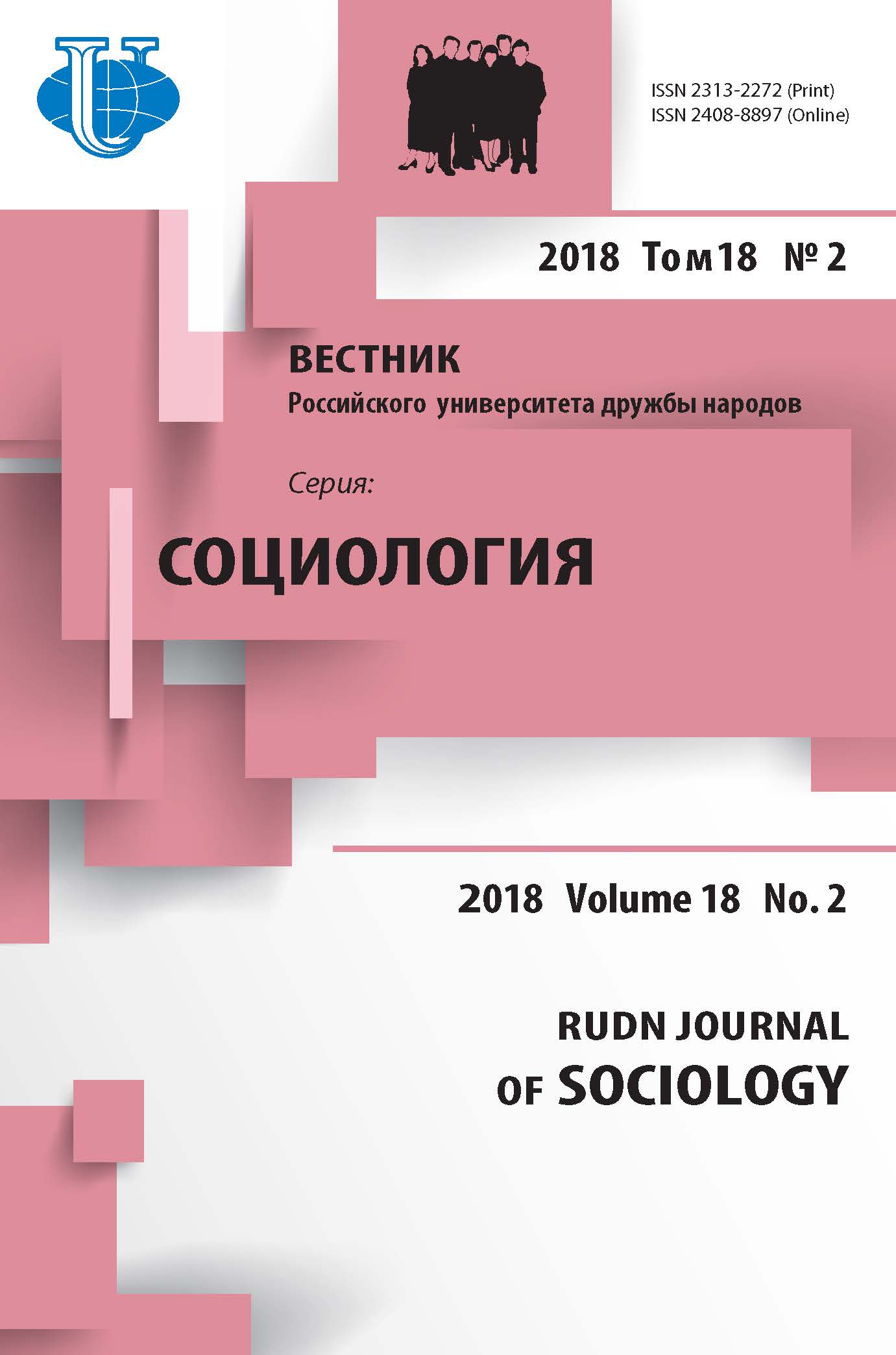Аннотация
Предмет статьи - синтетическая теория революции Джеффа Гудвина, претендующая на то, чтобы стать теорией революции четвертого поколения, а также особенности ее применения в рамках сравнительно-исторического исследовании периферийных революций «короткого двадцатого века». Первая часть статьи показывает истоки новаторского теоретико-методологического синтеза Дж. Гудвина: возможности и ограничения различных структурных теорий государства, а также сетевого анализа. Синтез государственно-конструктивистского подхода и сетевой модели структурного конструктивизма позволяет, с одной стороны, избежать ошибок предшествующих поколений теорий революции, связанных в основном с их неспособностью учесть каузальный вклад культурных и агентных детерминант, а, с другой, защищает от противоположных ошибок эссенциализма, культурного детерминизма, волюнтаризма и т.д. Вторая часть статьи описывает использование теоретической модели для анализа волн периферийных рефолюций в Юго-Восточной Азии в 1945- 1955-е годы, в Центральной Америке в 1970-1980-е годы и в Восточной Европе в 1989 году. Росту революционных движений способствуют бюрократические, патримониальные и эксклюзивные режимы со слабой инфраструктурной властью, но свергают чаще всего патримониальные. Политическое угнетение и насилие больше способствуют солидарности периферийных революционеров, чем социально-экономические факторы, например, бедность. В заключении представлены выводы Гудвина о будущем революций и теорий революций. В XXI веке мир увидит меньше революций и больше движений за глобальную справедливость. В социологии революции наблюдается все меньше попыток создания общей теории революции и все большая специализация в изучении отдельных революций и их типов на основе синтетической структурно-культурной методологии.














